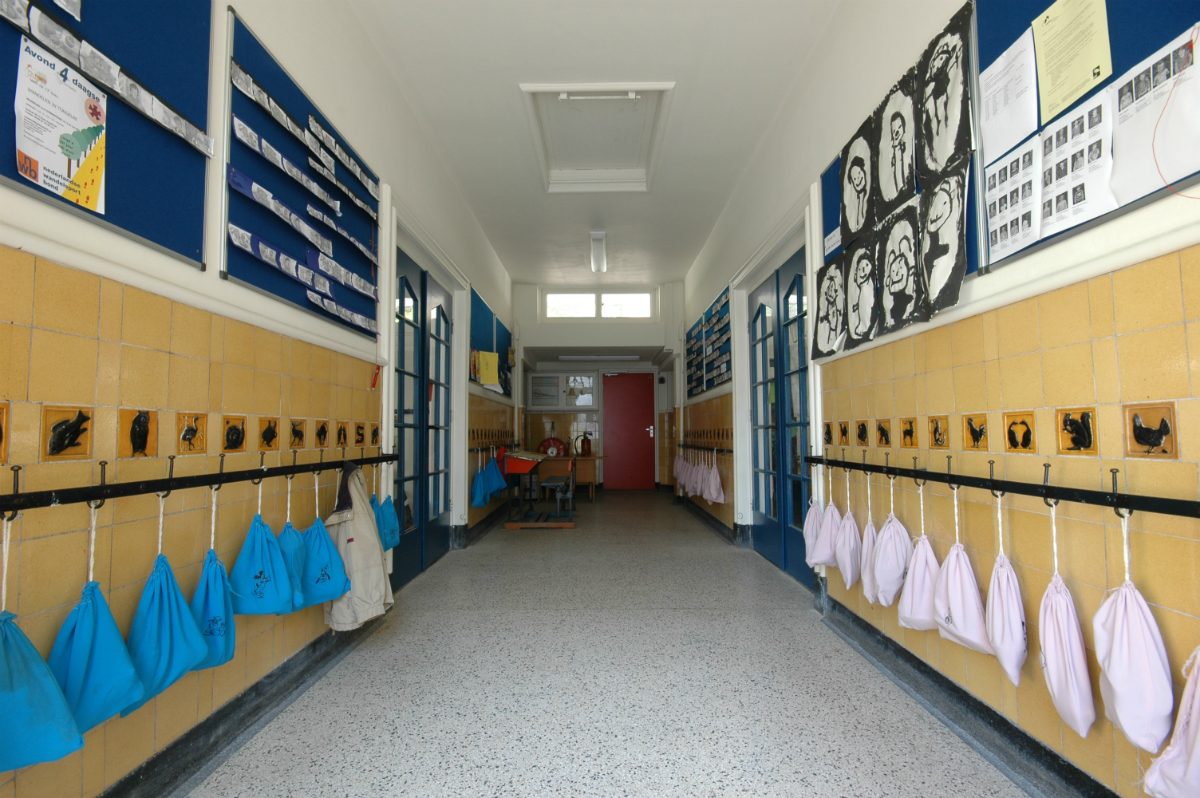Major cities sign pact to cut number of children kept out of school

Education authorities in the four largest Dutch cities have signed a deal aimed at reducing the number of children who are excluded from school because of developmental or psychological problems.
The cities have set a target of cutting the number of children not in school (thuiszitters) 25% a year by reducing bureaucracy and improving psychological support. They also want to bring down the number who are exempted from attending school by 10% a year.
In the last school year 4,194 children in the Netherlands were unable to go to school for three months or more, an increase of 8% on the previous year. Many of them have been excluded from regular schools because of developmental problems such as autism, but cannot find a suitable special school either.
The cities say bureaucratic concerns such as whether children are eligible for school transport must not compromise their access to education. Another difficulty is that municipalities use different criteria to define children who are not in school.
The deal also includes the samenwerkingsverbanden which liaise between schools and local education authorities.
Former children’s ombudsman Marc Dullaert said officials needed to focus more on pre-emptive measures. ‘That allows you to offer help immediately and prevent children dropping out of school,’ he said.
Thank you for donating to DutchNews.nl.
We could not provide the Dutch News service, and keep it free of charge, without the generous support of our readers. Your donations allow us to report on issues you tell us matter, and provide you with a summary of the most important Dutch news each day.
Make a donation